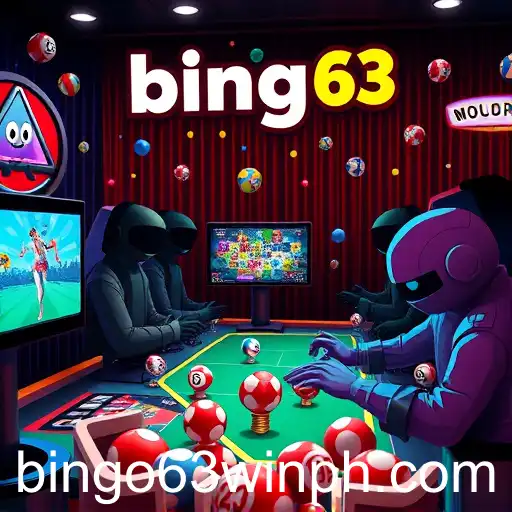
In recent years, online gaming has become a staple of modern entertainment cultures around the world. As of 2025, platforms like 'bingo63' have gained significant popularity, providing users with both entertainment and community. Every day, thousands of people engage with online games, forging connections that transcend geographical and cultural boundaries.
The appeal of digital platforms such as 'bingo63' lies in their accessibility and diverse offerings. With continuous technological advancements, these gaming sites bring together elements of social interaction, competition, and the opportunity for significant financial rewards. In the ever-evolving landscape of digital technology, these platforms not only entertain but also serve as hubs for community engagement.
The increasing integration of online gaming into everyday life has profound implications. It fosters virtual communities where players can share experiences, strategies, and even cultural elements. Moreover, such platforms contribute economically by creating jobs and prompting technology-driven investments.
As gaming technology advances, questions arise about its implications on mental health and social skills. How do these games impact gamers' lives beyond the virtual world? This question is becoming increasingly relevant as society grapples with balancing online interaction and real-world responsibilities.
Indeed, the dynamics of online gaming reflect larger societal trends toward virtual connectivity. The landscape for games like those on 'bingo63' offers insights into the future of social interaction, presenting challenges and opportunities for individuals and communities alike.


